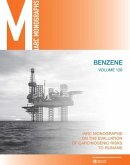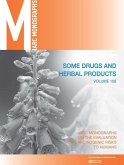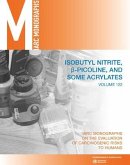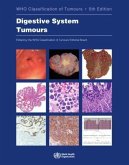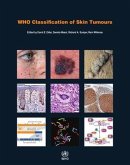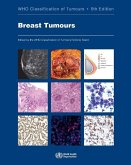This volume of the IARC Monographs provides evaluations of the carcinogenicity of polychlorinated biphenyls and polybrominated biphenyls. Polychlorinated biphenyls are a class of aromatic compounds comprising 209 congeners, each containing 1 to 10 chlorine atoms attached to a biphenyl nucleus. Technical products, which were manufactured to obtain a certain degree of chlorination, are mixtures of numerous congeners. These products were widely used as dielectric fluid in capacitors and transformers, and to a lesser extent in building materials. Although their production and use has been banned in most countries, these compounds are ubiquitous environmental pollutants, including in polar regions and the deep ocean, because they are persistent and bioaccumulate. Worldwide monitoring programs have shown that polychlorinated biphenyls are present in most samples of human milk. An IARC Monographs Working Group reviewed epidemiological evidence, animal bioassays, and mechanistic and other relevant data to reach conclusions as to the carcinogenic hazard to humans of polychlorinated biphenyls, of the subclass of dioxin-like polychlorinated biphenyls, and of polybrominated biphenyls.
Hinweis: Dieser Artikel kann nur an eine deutsche Lieferadresse ausgeliefert werden.
Hinweis: Dieser Artikel kann nur an eine deutsche Lieferadresse ausgeliefert werden.


